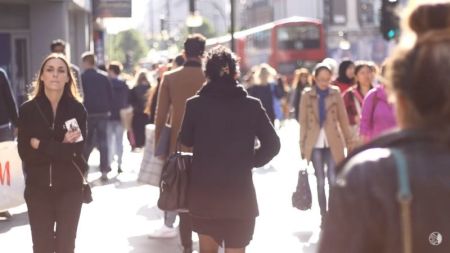Blocking LGBT-identified people from seeking counseling, reparative therapy is cruel

Bills like Maine’s LD1025 that ban so-called “conversion therapy” discriminate against those of us who find ourselves with the LGBT experience but do not believe allegiance to that culture is consistent with our faith.
There are many of us who have “come out” who understand our experience through the lens of personal history. Applying our faith, we have uncovered brokenness, past abuse or even simply misperceptions about ourselves. Far from destructive, our journeys away from embracing LGBT in our lives—sometimes partnered with counseling—have been fulfilling. When surrounded by loving and supportive family and community the decision to walk away from LGBT culture has been life-giving. For many it has been a pathway into wholeness.
Blocking LGBT-identified people who seek to live according to their personal convictions from professional counseling is cruel and controlling. There are many paths to fulfillment when one experiences LGBT, but bills like LD1025 seek to narrow our choices to only one that a relatively small number of people believe is ideal.
Not every child who experiences LGBT identities should leave their family’s faith tradition in order to follow our culture’s new normal. Many of us regret the lonely and isolated path we were forced to take as we questioned our sexual identities. We desire a world where parents know their children well enough that no child questions alone. It’s one where we are not ashamed of sexuality so that neither family nor community are pressured to respond out of fear. It’s a world where we could explore every possibility for self-understanding before giving ourselves to LGBT culture and expectations. Today there is more information regarding brain science, neuroplasticity, new info on the effects of trauma on the body, and more effective talk therapy techniques than ever before that could help us better understand ourselves.
America is creating avenues that some say will save lives by forcing people (children) to embrace a still marginalized sexual identity. But there is no proof that it will resolve the always existent inner struggles involved with the life experiences of same-sex attracted and trans-identifying people.
Everyone deserves the right to pursue counseling options that align with their personal convictions. Choices in a free society and marketplace will resolve problems of fraud. Meanwhile, as long as we exist (that is, those like CHANGED who have effectively left LGBT identity behind) Americans must surely question the efficacy of the wholesale embrace of ONE PATH that bans certain options for same sex attracted and trans-identifying people.
Elizabeth Woning is the cofounder of CHANGED, a fellowship of men and women who have come out of LGBT.




















